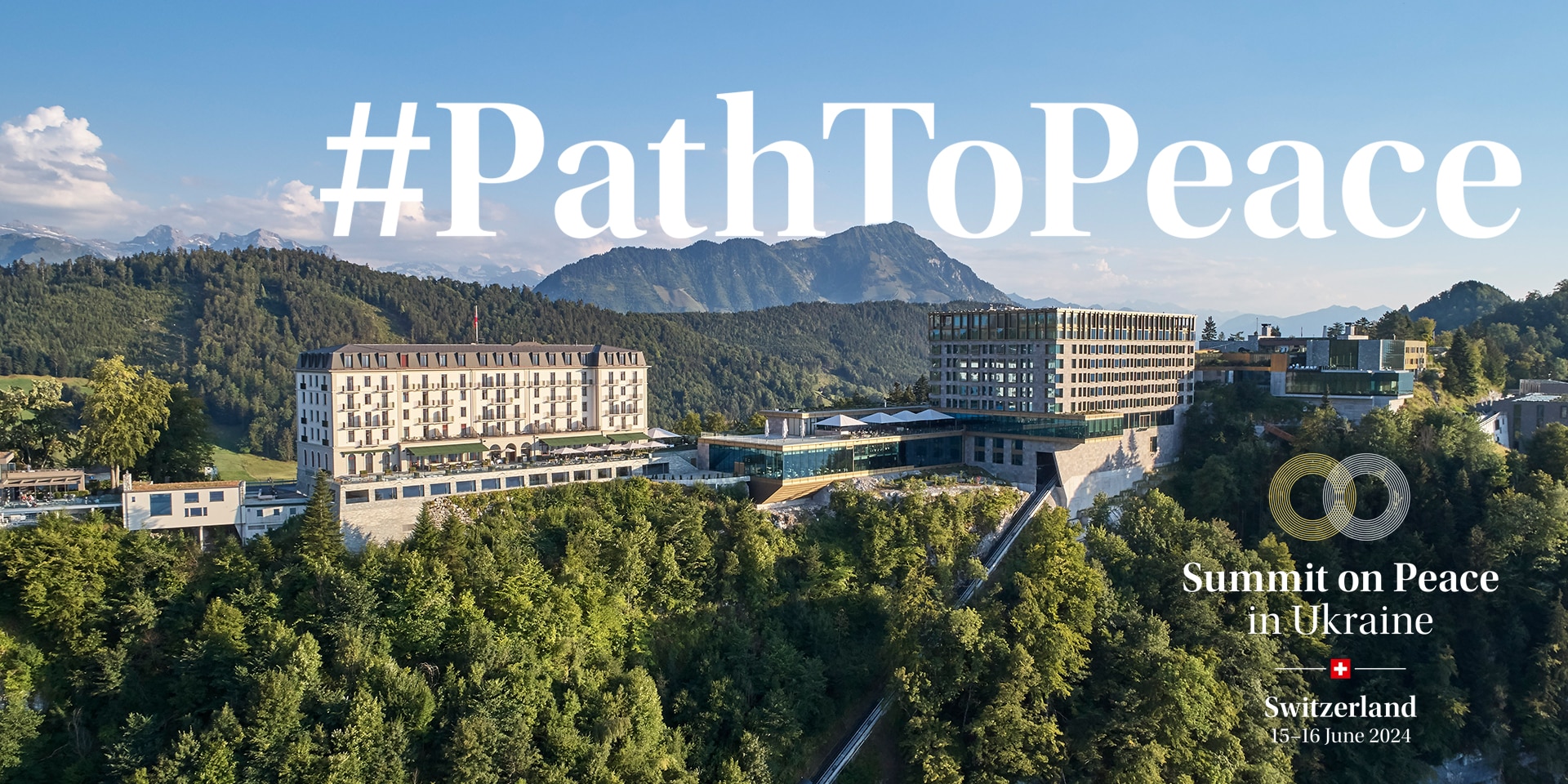Statement by the National Platform for Resilience and Social Cohesion regarding the expectations for the Global Peace Summit on 15-16 June, 2024

Unprovoked aggression of the Russian Federation, the permanent member of the UN Security Council, towards Ukraine has demonstrated that impunity of a country that violates international law, which may lead to disastrous consequences, such as breach of food safety in other parts of the world; violations of freedom of navigation; unheard-of environmental and climate risks, radiation threats.
The Russian aggression against Ukraine has caused security, environmental and humanitarian crises, a mass movement of citizens, while the right of Ukrainians to identity, culture and language is being denied. Purposeful mass destruction of civilian infrastructure is taking place, as well as of facilities of cultural heritage; human rights, the rights of national minorities and indigenous peoples are systematically violated. Since 2014 the Russian Federation has been violating international humanitarian law in the temporarily occupied territories of Ukraine, taking reprisals against Ukrainian citizens, ignoring the right of ownership, ruining social connections and introducing the policy of neocolonialism.
The existing international instruments and mechanisms have failed to both prevent Russia’s aggression towards Ukraine, and stop it, and effectively hold Russia’s political and military leadership and their allies accountable. Aggressor’s impunity nurtures the policy of revanchism, the revival of neocolonial practices in the 21st century, crimes against international humanitarian law and global stability.
The Global Peace Summit and the Ukrainian Peace Formula constitute a response to the global crisis of the international security system and international law deficit. The Summit is to open a dialogue of the responsible part of the world based on the lessons learnt from the unprovoked aggression of the Russian Federation towards Ukraine regarding the following issues:
- how adequate and proportional instruments can be found to respond to new risks, which has been showcased by Russian aggression against Ukraine;
- what international mechanisms should be put in place to guarantee security and development of all countries in the world;
- how resilience of societies regarding relevant risks and threats can be ensured in order to prevent degradation of the world order through the escalation of war in different parts of the globe.
The following issues are expected to come under rigorous security at the first Peace Summit:
- Radiation and nuclear safety. Demilitarisation of the Zaporizhzhia Nuclear Power Plant – withdrawal of Russian troops, assuming control over the Plant by IAEA and Ukrainian personnel. Connecting the Plant to Ukrainian grid;
- Food safety. Food safety must not to be ‘armed’, it must be guaranteed by free navigation in the Black Sea and the Sea of Azov. Ukraine is to gain access to third parties for its agricultural produce;
- Release of all prisoners and the deported. All prisoners of war are to be released, including all those Ukrainian children and civilians who were ‘deported and illegally displaced’ and who are to be returned to Ukraine.
Based on the resolution on the ‘Principles of the Charter of the United Nations underlying a comprehensive, just and lasting peace in Ukraine’ (adopted on 23 February, 2023), in the future the Global Peace Summit is to become an inclusive platform for international dialogue on the ways of reaching a comprehensive, just and sustainable peace, peace for different countries, peace for Ukraine in accordance with the UN Charter and international law.
The Summit has the potential for laying the foundation and principles of an updated system of international security where the force of law prevails and not the law of force, where effective international institutes function, as well as effective levers of international response to violations of international law that can stop the aggressor country.
The dialogue on changes in the world order and creation of algorithms of response to crises is to be based on the principles of justice and inclusion. Justice means that the new world order will go beyond the framework of polar models, returning to global competition and not to global war. Inclusion means engaging all countries in the process of developing and solving global problems of security, and not only those countries that belong to the closed elite club.
The Global Peace Summit is to demonstrate readiness of the countries to condemn the practice of resorting to nuclear blackmail and the split of the world into geopolitical poles or zones of exclusive influence of particular nuclear countries.
Establishing sustainable and just peace in the Russia-Ukraine war should offer all countries guarantees and a sense of the fact that no one in the world can deny territorial integrity, sovereignty and the right to identity with impunity; that these actions, should they be performed, will be punished; that humankind has drawn conclusions from the heinous practice of colonialism in the past and it must not let them take their revenge neither today, nor in future.
